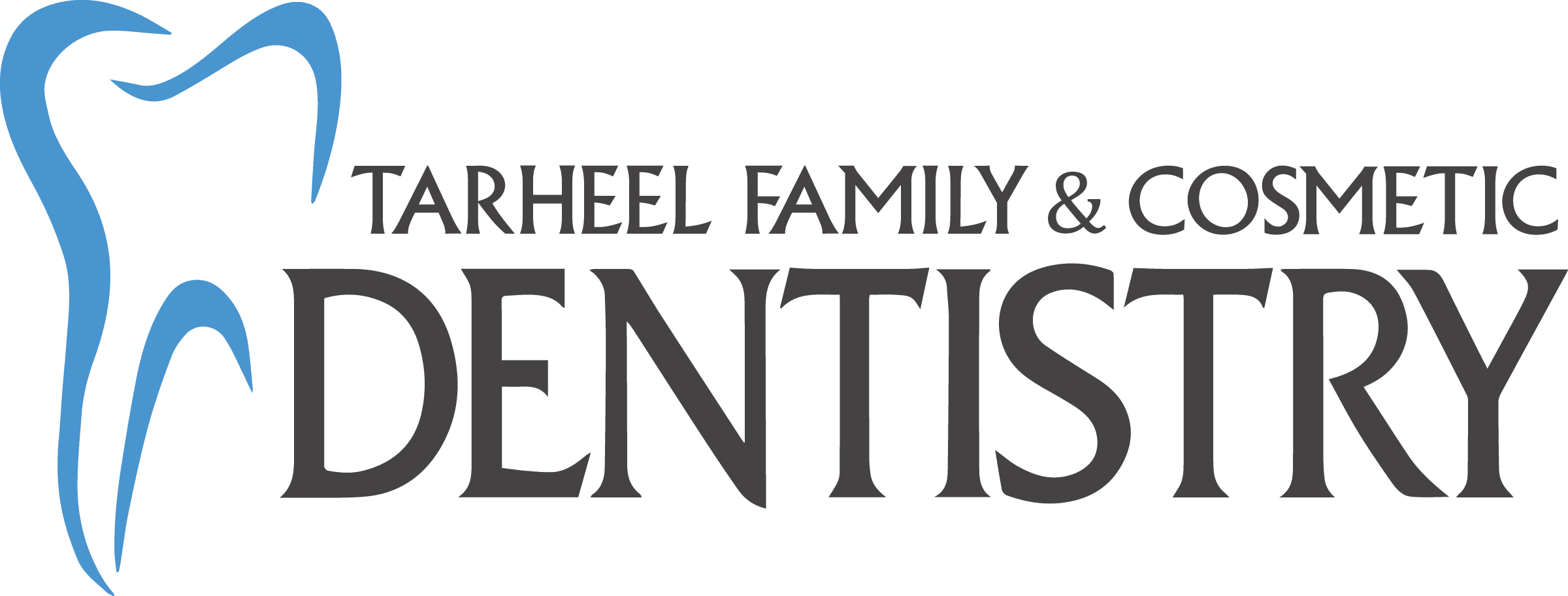Headaches are among the most common physical complaints, affecting millions of people worldwide. While many associate headaches with stress, dehydration, or lack of sleep, fewer are aware of the strong connection between oral health and headaches. Problems in the mouth, jaw, and surrounding structures can often be the root cause, or at least a contributing factor, of chronic headaches.

Jaw Tension and TMJ Disorders
One of the most direct links between oral health and headaches involves the temporomandibular joint (TMJ), which connects your jaw to your skull. Disorders of this joint, often called TMJ or TMD (temporomandibular disorders), can lead to pain that radiates through the head, neck, and shoulders. This discomfort can mimic tension headaches or even migraines.
TMJ issues can stem from a variety of causes including teeth grinding (bruxism), misaligned bite (malocclusion), or stress-related jaw clenching. When these muscles are overused or strained, the tension can build up and trigger a headache. Many people suffering from chronic headaches find relief only after their TMJ disorder is properly diagnosed and treated.
Teeth Grinding
Teeth grinding can lead to significant dental wear, jaw tension, and ultimately headaches. Because it usually happens unconsciously, many people are unaware that they grind their teeth until symptoms become severe. Frequent headaches, especially in the morning, could be a red flag that bruxism is taking a toll on your health. Over time, this grinding puts pressure on the muscles around the jaw and face, leading to muscle fatigue and pain that can radiate to the temples, forehead, and behind the eyes.
Dental Infections and Sinus Pressure
Tooth infections or abscesses, particularly in the upper jaw, can also contribute to head pain. These infections may cause inflammation and pressure in the surrounding tissues, including the sinuses. Since the sinuses sit close to the roots of the upper teeth, pain from a dental infection can be mistaken for a sinus headache or even a migraine. Likewise, untreated gum disease or impacted teeth can result in low-grade infections that create ongoing inflammation in the body. This chronic inflammation can contribute to systemic symptoms, including recurring headaches.
Bite Alignment and Muscular Strain
A misaligned bite doesn’t just affect how your teeth meet. It can change the way your facial muscles function. Over time, the muscles may have to work harder to compensate for the imbalance. This overuse can lead to muscle fatigue and pain that extends beyond the mouth and jaw. This kind of muscular imbalance can trigger tension-type headaches, especially if the person chews on one side of their mouth more than the other or has dental work that throws off the natural bite. Orthodontic treatment or corrective dental procedures often help alleviate these headaches by restoring balance to the jaw and teeth.
The Importance of Regular Dental Checkups
Many people don’t realize their headaches could be linked to oral health until they see a dentist. Regular dental checkups can uncover issues like bruxism, misalignment, or hidden infections that might be contributing to head pain. Dentists can recommend treatments such as night guards for grinding, bite correction, or other therapeutic interventions that could reduce headache frequency and severity.
A Holistic View of Health
The connection between oral health and headaches underscores the importance of a holistic approach to wellness. Your mouth is not separate from the rest of your body. It’s deeply interconnected with your overall health. Persistent headaches that don’t respond to conventional treatments may require a closer look at what’s happening in your jaw and teeth.
Headache Treatment in Chapel Hill, NC
At Tarheel Family & Cosmetic Dentistry, we are dedicated to your oral health. If you have frequent headaches, your bite could be the culprit. And if other treatments haven’t been effective, we could help reduce your symptoms. Contact our office today to schedule a consultation and see if your oral health is affecting your overall health.
